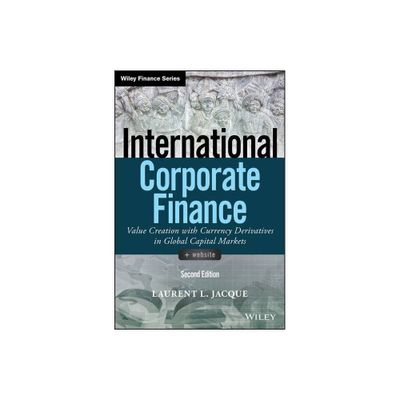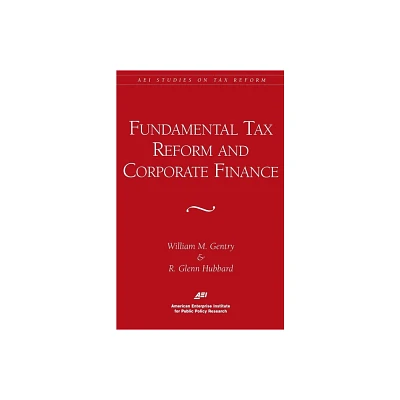Home
Studies in International Corporate Finance and Governance Systems: A Comparison of the U.S., Japan, and Europe / Edition 1
Loading Inventory...
Barnes and Noble
Studies in International Corporate Finance and Governance Systems: A Comparison of the U.S., Japan, and Europe / Edition 1
Current price: $182.99


Barnes and Noble
Studies in International Corporate Finance and Governance Systems: A Comparison of the U.S., Japan, and Europe / Edition 1
Current price: $182.99
Loading Inventory...
Size: OS
*Product Information may vary - to confirm product availability, pricing, and additional information please contact Barnes and Noble
The past decade has given rise to a growing debate over the relative efficiency of different national economic systems. There are two basic corporate finance and governance systems that predominate in today's developed economies. One is the Anglo-American market based model, with widely dispersed shareholders and a fairly vigorous corporate control market. The other is the Japanese and German relationship based system, with its large bank and intercorporate holdings (and conspicuous absence of takeovers). Given the increasing globalization of business, which of these two systems can be expected to prevail over time? Or will the most valuable aspects of each be blended into a single new system? The story now being told by economists and management experts one that this book presents is a complicated one. Here is a sampling of the arguments:
Corporate strategist Michael Porter states that the U.S. system of allocating capital both within and across companies appears to be failing because of both capital market and
internal
pressures on U.S. companies to underinvest in the relatively intangible assets that contribute to corporate capabilities. In contrast to Porter, financial economist Michael Jensen maintains that the most formidable challenge now facing the U.S. economy and, indeed, the economies of all industrialized nations is the corporate overinvestment problem, a problem that was addressed in the U.S. by the leveraged restructuring of the 1980s. Nobel-Prize economist Merton Miller answers both Porters concern about U.S. underinvestment and Jensens pessimism about U.S. control systems with a classic defense of the shareholder-value principle. Corporate strategist C.K. Prahalad, unconvinced by the arguments of both Miller and Jensen, challenges the wisdom of corporate Americas commitment to maximizing shareholder value. In a roundtable discussion, Prahalad debates with shareholder value advocate Bennett Stewart about the effects of shareholder primacy in the U.S. and its absence in Japan.
Studies in International Corporate Finance and Governance Systems
consists of 28 articles (and two roundtable discussions) written by academic and management experts in the fields of corporate finance and governance. Given its commitment to translating outstanding academic research into relatively plain English for practicing businessmen, this text should prove especially useful for corporate executives as well as students in MBA and executive development programs.
Corporate strategist Michael Porter states that the U.S. system of allocating capital both within and across companies appears to be failing because of both capital market and
internal
pressures on U.S. companies to underinvest in the relatively intangible assets that contribute to corporate capabilities. In contrast to Porter, financial economist Michael Jensen maintains that the most formidable challenge now facing the U.S. economy and, indeed, the economies of all industrialized nations is the corporate overinvestment problem, a problem that was addressed in the U.S. by the leveraged restructuring of the 1980s. Nobel-Prize economist Merton Miller answers both Porters concern about U.S. underinvestment and Jensens pessimism about U.S. control systems with a classic defense of the shareholder-value principle. Corporate strategist C.K. Prahalad, unconvinced by the arguments of both Miller and Jensen, challenges the wisdom of corporate Americas commitment to maximizing shareholder value. In a roundtable discussion, Prahalad debates with shareholder value advocate Bennett Stewart about the effects of shareholder primacy in the U.S. and its absence in Japan.
Studies in International Corporate Finance and Governance Systems
consists of 28 articles (and two roundtable discussions) written by academic and management experts in the fields of corporate finance and governance. Given its commitment to translating outstanding academic research into relatively plain English for practicing businessmen, this text should prove especially useful for corporate executives as well as students in MBA and executive development programs.

















